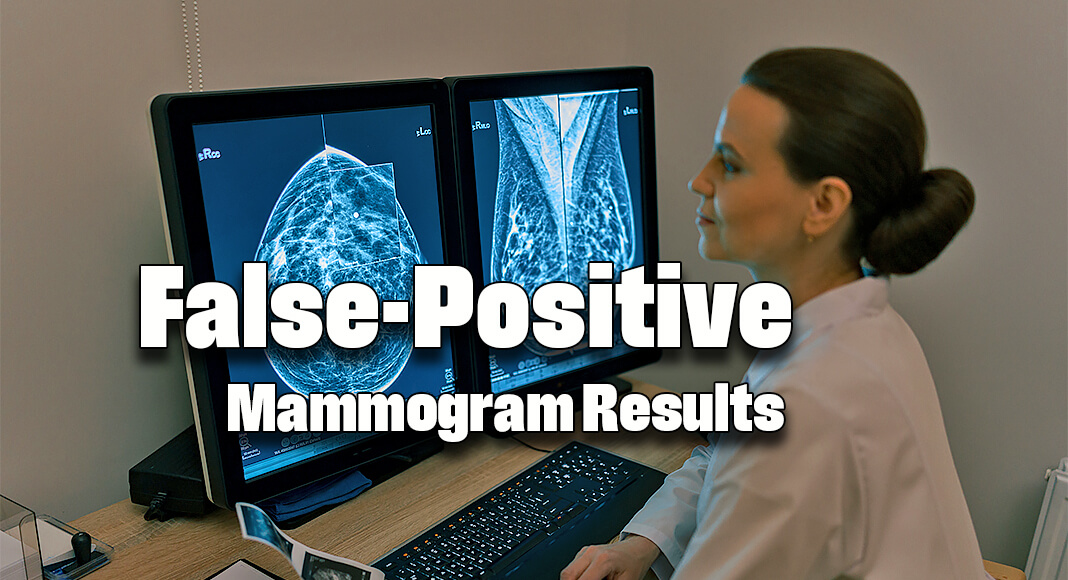
Mega Doctor News
Newswise — Early detection of breast cancer through mammography screening continues to save lives. However, abnormal findings on mammograms can lead to women being recalled for additional imaging and biopsies, many of which turn out to be “false positives,” meaning they do not result in a cancer diagnosis. False positives can also have financial implications for patients and cause significant emotional anxiety.
A major, new study led by the UC Davis Comprehensive Cancer Center has found that women who received a false-positive result that required additional imaging or biopsy were less likely to return for that follow-up screening.
The research was published in the Annals of Internal Medicine on Sept. 3. It analyzed data on more than 3.5 million screening mammograms nationwide performed between 2005-2017 on over 1 million patients aged 40 to 73.
“The finding raises concerns about the potential unintended consequence of false-positive results, where women may avoid screening mammograms in the future,” said lead author Diana Miglioretti, cancer center researcher and chief of the Division of Biostatistics at UC Davis.
Findings are worrisome to researchers
The study found that 77% of women with a negative result from a mammogram returned for subsequent screening. But this percentage dropped to 61% after a false-positive finding requiring another mammogram in six months to confirm the results and 67% if a biopsy was recommended.The impact was even more pronounced for women who received false-positive results on two consecutive mammograms recommending short-interval follow-up—only 56% returned their next screening mammogram.
The high rate of women who don’t return for future screening is concerning to the research team.
“It is important for women with false-positive results to continue screening every one to two years,” Miglioretti said, “Having a false-positive result, especially if it results in a diagnosis of benign breast disease, is associated with an increased risk of being diagnosed with breast cancer in the future.”
The research also showed that Asian and Hispanic/Latinx women were the least likely to return for future screening mammograms after a false positive result, which may contribute to existing health disparities.
False-positive results are common, especially among younger women. They occur in 10-12% of mammograms in women 40-49 years of age. After 10 years of annual screenings, 50-60% of women can expect at least one false-positive and 7-12% at least one false-positive with a biopsy recommendation.
“It’s important to understand that most women recalled for additional imaging due to a finding on a screening mammogram do not have breast cancer,” Miglioretti said. “They should try not to be worried if they are recalled for additional work-up. it is a normal and common part of the screening process.”
It is important for women to understand that about 10% of the time, additional imaging is necessary to get a better look at a finding on a screening mammogram.
Steps to consider
Miglioretti said women who feel anxious while waiting for their screening mammography results might consider requesting an on-the-spot interpretation of their mammogram. Some facilities provide this service along with same-day diagnostic work-up, if there is a suspicious finding.
She said it is also important for physicians to carefully explain false-positive results to their patients to reassure them that the result was negative and stress the importance of continued screening.
Other authors: Linn Abraham and Erin J. A. Bowles, Kaiser Permanente Washington Health Research Institute; Brian L. Sprague, University of Vermont; Christoph I. Lee, University of Washington; Michael C. S. Bissell, Picnic Health; Thao-Quyen H. Ho, University Medical Center, Ho Chi Minh city, Vietnam; Louise M. Henderson, University of North Carolina; Rebecca A. Hubbard, University of Pennsylvania; Anna N. A. Tosteson, Dartmouth; Karla Kerlikowske, University of California, San Francisco.









